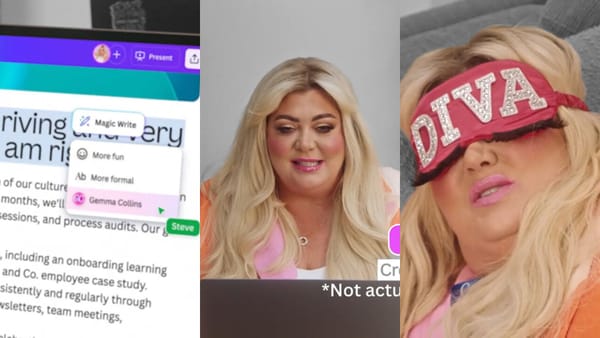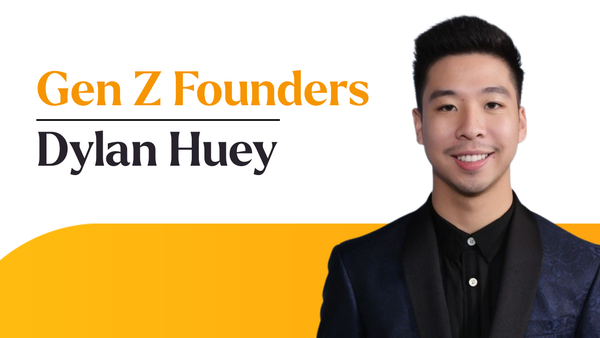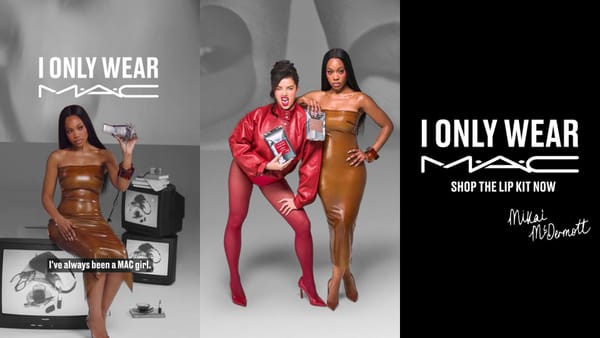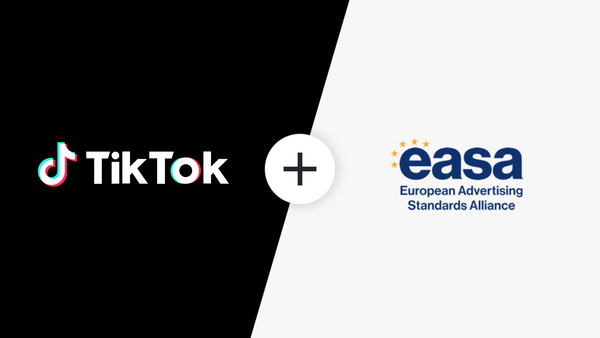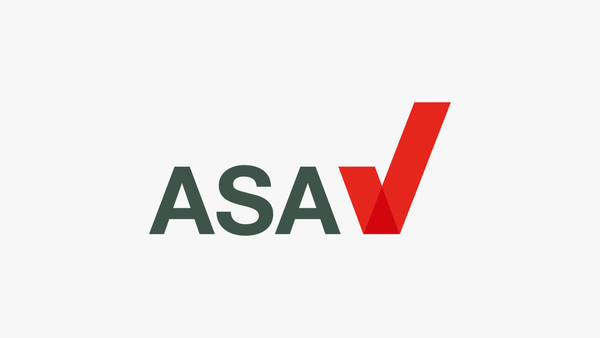In August 2019, a group of YouTubers filed a lawsuit claiming that YouTube’s algorithm discriminates against their LGBTQ-focused content by restricting recommendations, making it difficult to earn ad revenue. The company denies it discriminates against creators.
At a hearing on Tuesday the US judge said she will issue a ruling in the coming weeks on whether or not to proceed with the case.
The original lawsuit claims that YouTube uses “unlawful content regulation, distribution, and monetisation practices that stigmatize, restrict, block, demonetise and financially harm the LGBT Plaintiffs and the greater LGBT community.” The lawsuit also alleged that YouTube’s machine learning moderation tools and human reviewers unfairly target channels that include words such as “gay,” “bisexual,” or “transgender” in the title.
Google denies the claims, stating the platform’s algorithms are protected by Section 230 of the Communications Decency Act. The 1996 statute explicitly says providers of “interactive computer services” such as social media sites are not publishers, which protects tech platforms from being sued over content that users post on their sites.
It also says that providers can’t be sued for setting policies and removing content that is “obscene, lewd, lascivious, filthy, excessively violent, harassing or otherwise objectionable, whether or not such material is constitutionally protected,” so long as removal is being done in “good faith.”
A few weeks ago, the Department of Justice intervened to defend the statute, according to Bloomberg, and asked the court to dismiss the case. The department argued that Section 230 doesn’t limit content that YouTubers can uplaod to YouTube, and YouTube isn’t preventing creators from uploading.
However, Peter Obstler, who is the attorney for Divino Group who is representing some of the YouTubers in the case, claims that YouTube and Google aren’t protected by Section 230 because the statute is unconstitutional. He thinks YouTube is a state actor because it performs a public function.
“We’re alleging that the computer code in the machines is discriminatory,” he told The Verge. “And that Google is embedding data into people’s YouTube posts that allows the filtering machines to basically filter the content not based on anything they said, but based on whether they’re LGBTQ creators.”
Trump’s new order
Then, President Donald Trump is seeking to revoke Section 230 after a public battle with Twitter, which decided to add fact-checking information to Trump’s (misleading) tweets about mail-in ballots.
In his order, Trump argues that information amounts to editing user-generated content, which means Twitter was acting as a publisher and therefore isn’t covered under Section 230. He also asked the Federal Communications Commission to develop new regulations that could strip social platforms of their Section 230 protections if they are deemed to have affected or removed users’ content in ‘bad faith’.
Obstler argues that Trump’s argument matches the plaintiffs’, who say YouTube removed their content in bad faith – a violation of Section 230.
YouTube CEO Susan Wojcicki told Bloomberg that “we have worked extraordinarily hard to make sure that all of our policies and systems are built in a fair and neutral and consistent way.”


